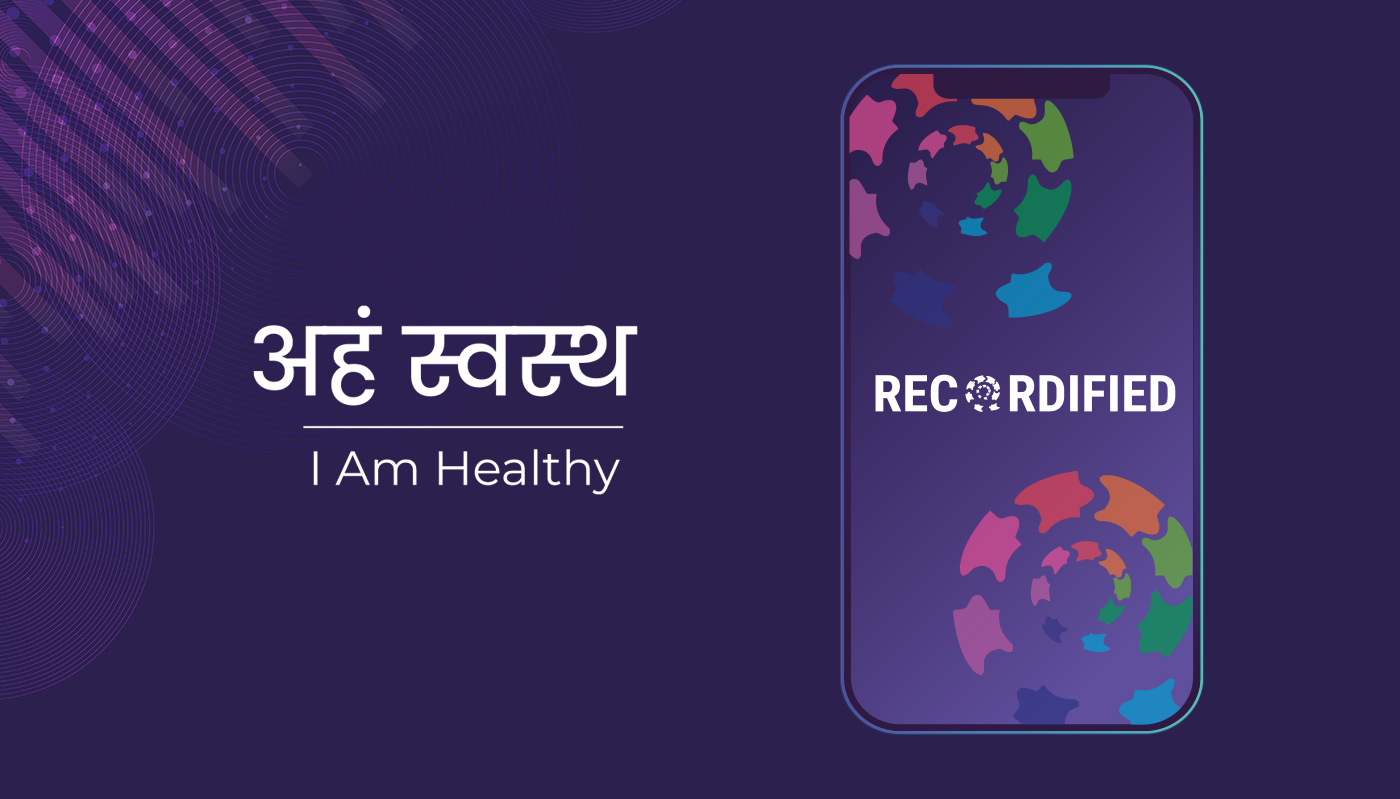How to empower your healthcare journey with an application?

The adoption of healthcare applications has been driven by the increasing reliance on smartphones and the growing demand for convenient and personalized healthcare services. These apps have the potential to bridge geographical barriers, reduce healthcare costs, and improve access to care, particularly in underserved areas. While healthcare applications cannot replace traditional healthcare settings entirely, they have become an integral part of the healthcare ecosystem, complementing in-person visits and enhancing the overall healthcare experience for both patients and providers.
Choose the right app- There are various healthcare apps available, each with its own set of features and functionalities. Research and select an app that aligns with your specific needs. Consider factors like usability, security, reliability, and user reviews when making your choice.
Track your health data- Healthcare apps often allow you to monitor and track your health data, such as vital signs, sleep patterns, exercise routines, and medication schedules. Utilize these features to stay aware of your health status and progress. Regularly update the app with relevant information.
Set goals and reminders- Establish health-related goals, such as steps walked per day or calorie intake, and leverage the app to set reminders and monitor your progress. Goal setting and reminders can help you stay motivated and on track with your healthcare objectives.
Access medical records and history- Many healthcare apps provide features that enable you to access your medical records, including test results, prescriptions, and vaccination history. Keeping this information handy can assist you during doctor visits or emergencies, ensuring you have all relevant details at your fingertips.
Schedule appointments and consultations– Some healthcare apps offer the convenience of scheduling appointments and consultations with healthcare professionals. Take advantage of this feature to save time and streamline your healthcare journey. Virtual consultations through the app can be particularly useful for non-emergency situations.
Receive personalized health recommendations– Healthcare apps may employ artificial intelligence or machine learning algorithms to analyse your health data and offer customized suggestions. These recommendations can include personalized diet plans, exercise routines, or preventive measures based on your specific health profile.
Medication management- For individuals withmultiple medications or complex dosage schedules, utilize the medication management features of healthcare apps. Set up reminders for medication intake, monitoradherence, and receive timely notifications for refills. This helps you stay organized and ensure you never miss a dose.
Health education and resources- Many healthcare apps offer educational resources, articles, or videos on various health topics. Explore these materials to expand your knowledge, gain valuable insights into managing specific conditions, and make informed decisions about your healthcare.
Secure data sharing- When using healthcare apps, ensure the app implementsrobust security measures to protect your personal health information. Verify that the app adheres to data privacy regulations and ensuressecure data transmission and storage.
Collaborate with healthcare professionals- Some healthcare apps enable communication and collaboration with healthcare providers. Use these features to share relevant information, seek advice, and maintain a strong connection with your healthcare team.
Remember, while healthcare apps can be beneficial, they should not replace professional medical advice or emergency care. Always consult a healthcare professional for accurate diagnosis, treatment recommendations, and emergency situations.
In conclusion, healthcare applications have emerged as powerful tools in modern healthcare delivery, offering convenience, accessibility, personalization, and improved communication. These appsempower patients to take control of their health, streamline healthcare processes, and facilitate better collaboration between patients and healthcare providers. As technology continues to progress, healthcare applications are expected to play an increasingly prominent role in shaping the future of healthcare.
